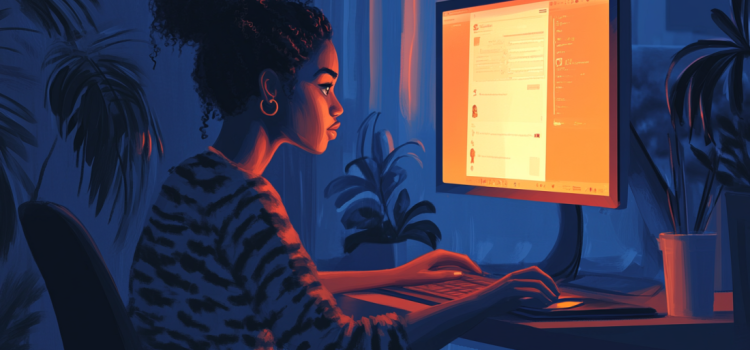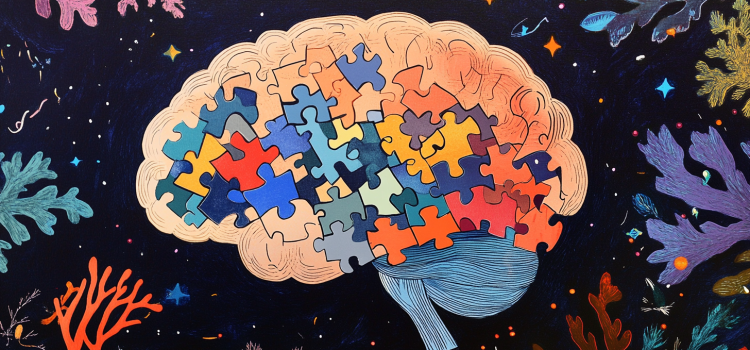Do you find yourself scrolling through social media for hours? How does social media affect attention span? While online algorithms sometimes direct us from one static website to another, Gloria Mark writes in Attention Span that the bulk of algorithmic attention control revolves around social media platforms. She says these sites sap away our focus by leaning on our desire for validation and our basic human nature. Keep reading to learn how sites like Instagram and TikTok take a toll on your ability to concentrate.
How Does Social Media Affect Attention Span? (Gloria Mark)










